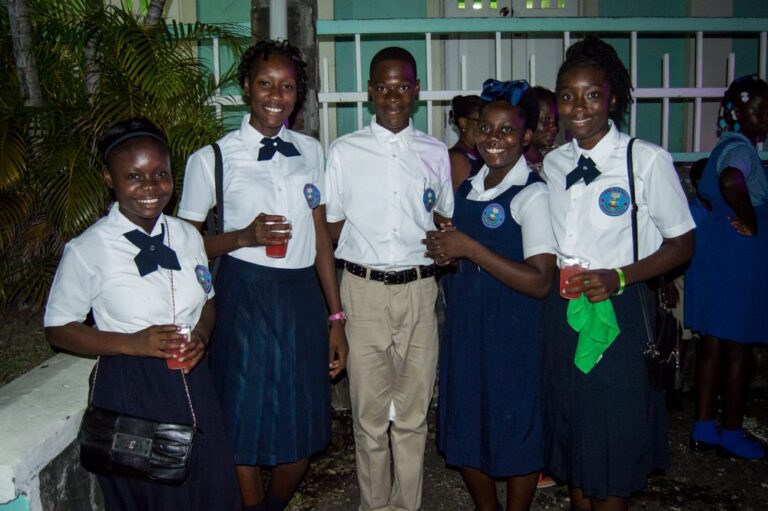In Saint Kitts and Nevis, the education system is structured similarly to other Caribbean nations and follows a British-influenced model. It offers various types of education that support learners from early childhood to university level. Here’s a breakdown:
1. Early Childhood Education
- For children ages 3–5
- Includes preschools and nurseries
- Focus on play-based learning, basic literacy, numeracy, and social skills
2. Primary Education
- Ages 5–12 (Grades 1–6)
- Free and compulsory by law
- Core subjects:
- English
- Mathematics
- Science
- Social Studies
- Religious education
- Spanish (in some schools)
- Ends with the Grade Six National Assessment exam
3. Secondary Education
- Ages 12–16+ (Forms 1–5)
- Students attend high school (also called secondary school)
- Curriculum includes:
- Core academics
- Information technology
- Business studies
- Home economics
- Technical drawing
- Agricultural science
- Ends with the CSEC exams (Caribbean Secondary Education Certificate), issued by CXC (Caribbean Examinations Council)
4. Post-Secondary / Sixth Form
- Optional 2 years (Form 6 / Community College level)
- Prepares students for:
- University (through CAPE exams – Caribbean Advanced Proficiency Examination)
- Employment or vocational training
5. Technical and Vocational Education
- Offered at institutions like:
- Advanced Vocational Education Centre (AVEC) in St. Kitts
- Nevis Sixth Form College
- Fields include:
- Carpentry
- Mechanics
- Hospitality
- Information Technology
- Agriculture
- Helps equip students with practical skills for employment or entrepreneurship
6. Tertiary / University Education
- Options include:
- Clarence Fitzroy Bryant College (CFBC) in St. Kitts
- Nevis Sixth Form College
- University of the West Indies (UWI) Open Campus
- Ross University School of Veterinary Medicine (internationally recognized)
- Other private institutions (medical, online, or regional)
7. Adult & Continuing Education
- Night classes and part-time programs for adults
- Covers:
- Basic literacy/numeracy
- Computer skills
- Business and management
- Exam preparation (CSEC for adults)
8. Online & Distance Learning
- Growing due to global trends and post-COVID adaptations
- Includes programs via:
- UWI Open Campus
- International universities (online degrees and certificates)
- Local initiatives to provide digital access to rural students
9. Special Education
- Services for children with learning disabilities or developmental challenges
- Integrated in some public schools
- A few dedicated special education centers on both islands
- Still developing and expanding



